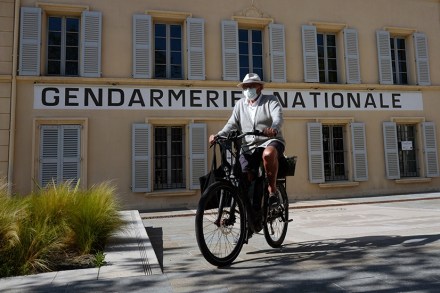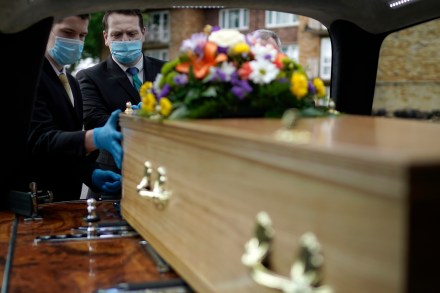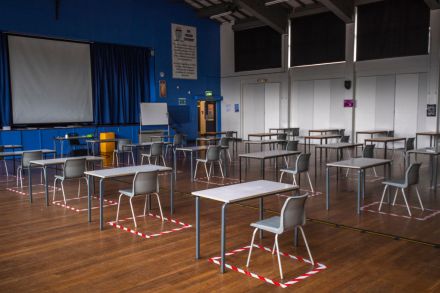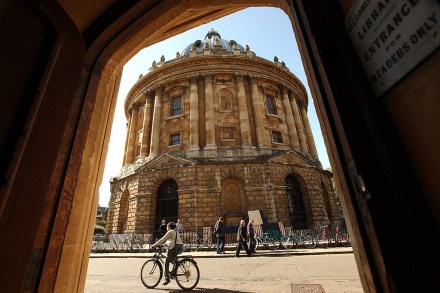Joan Collins: my face mask fight with the gendarmerie
It’s three days since rumours swirled around France that President Macron was going to impose a ‘tit-for-tat’ quarantine on UK visitors. While waiting for the axe to fall, several friends who had booked flights to visit us in Saint-Tropez were unsure whether to come or not. Julian Clary, who had already accepted the fact that he was going to have to quarantine upon his return home to London, told me: ‘I don’t mind having to stay at home — what I mind is not being able to visit my mother.’ ‘Well, I haven’t seen my eldest two children or my grandchildren for nearly six months,’ I retorted. There seems to






















